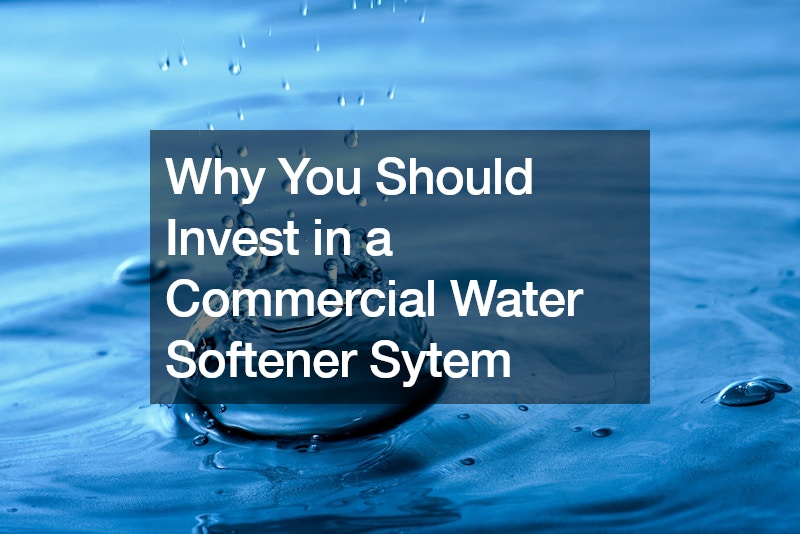Why You Should Invest in a Commercial Water Softener Sytem


Whether discussing residential or commercial water softener systems, the processes involved in softening water and the reasons for its use are similar. People describe water as soft or hard, but its softness and hardness are commonly judged on a scale that starts from 0 and goes upward based on a test that measures the number of grains per gallon (GPG) of calcium or magnesium. Soft water generally has 17 or fewer GPG, and hard water has 18 or more.
Water softening systems remove calcium and magnesium from the water.
This has positive effects on plumbing in the home or plant because the minerals in the hard water are deposited in the pipes over time, reducing the water volume flowing through the pipes. The same effect can occur with dishwashers, washing machines, or other appliances that use water. In dishwashers, the minerals can build up, reducing the volume and effectiveness of water sprayed on the dishes. As a result, your dishes get less clean than with soft water.
Hard water also affects your personal hygiene. Soaps and shampoos do not lather as well in hard water, and the minerals in hard water dry your skin by stripping your skin oils more than is desirable. The combination leaves you feeling less clean while also feeling overly clean.
